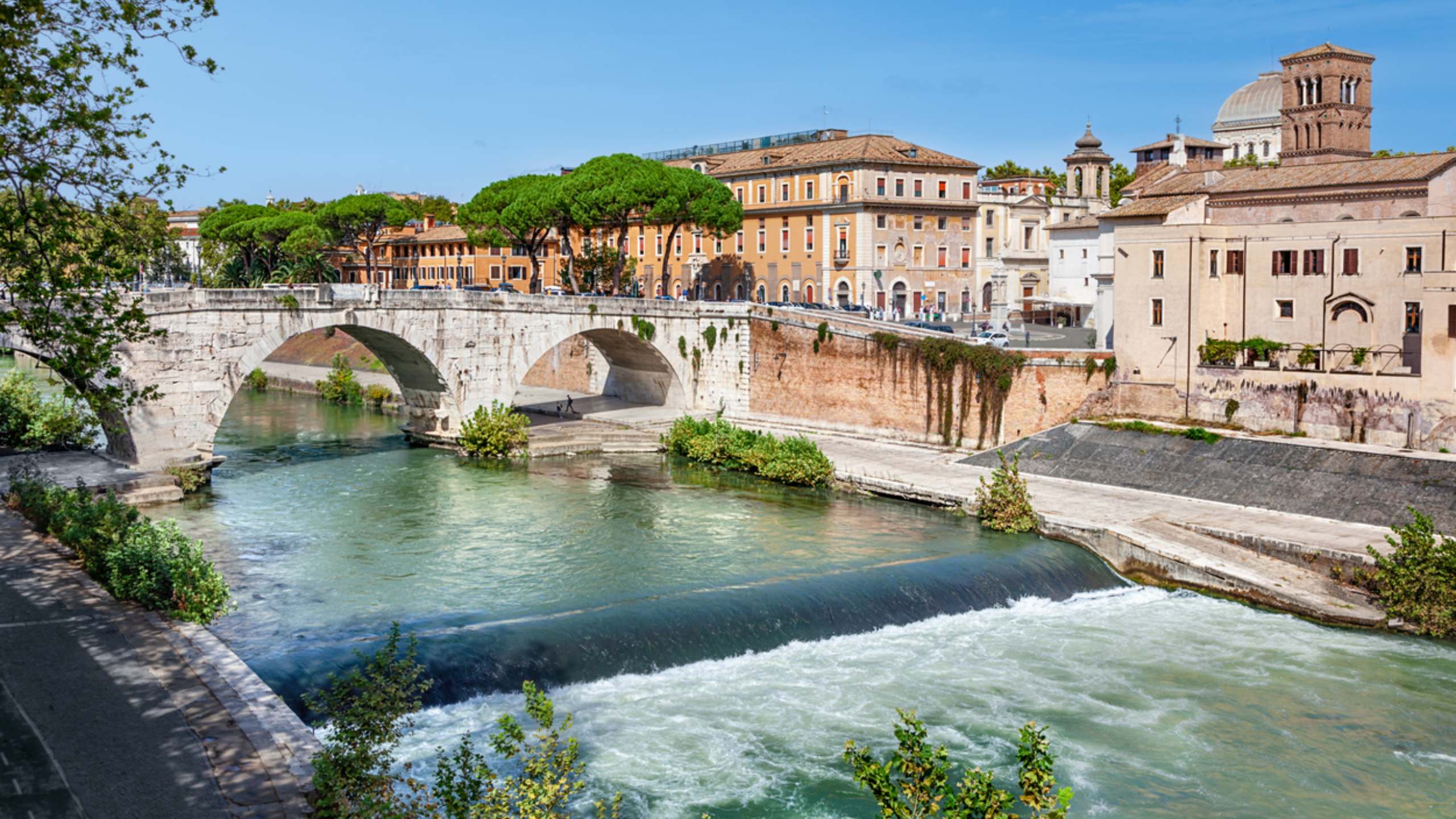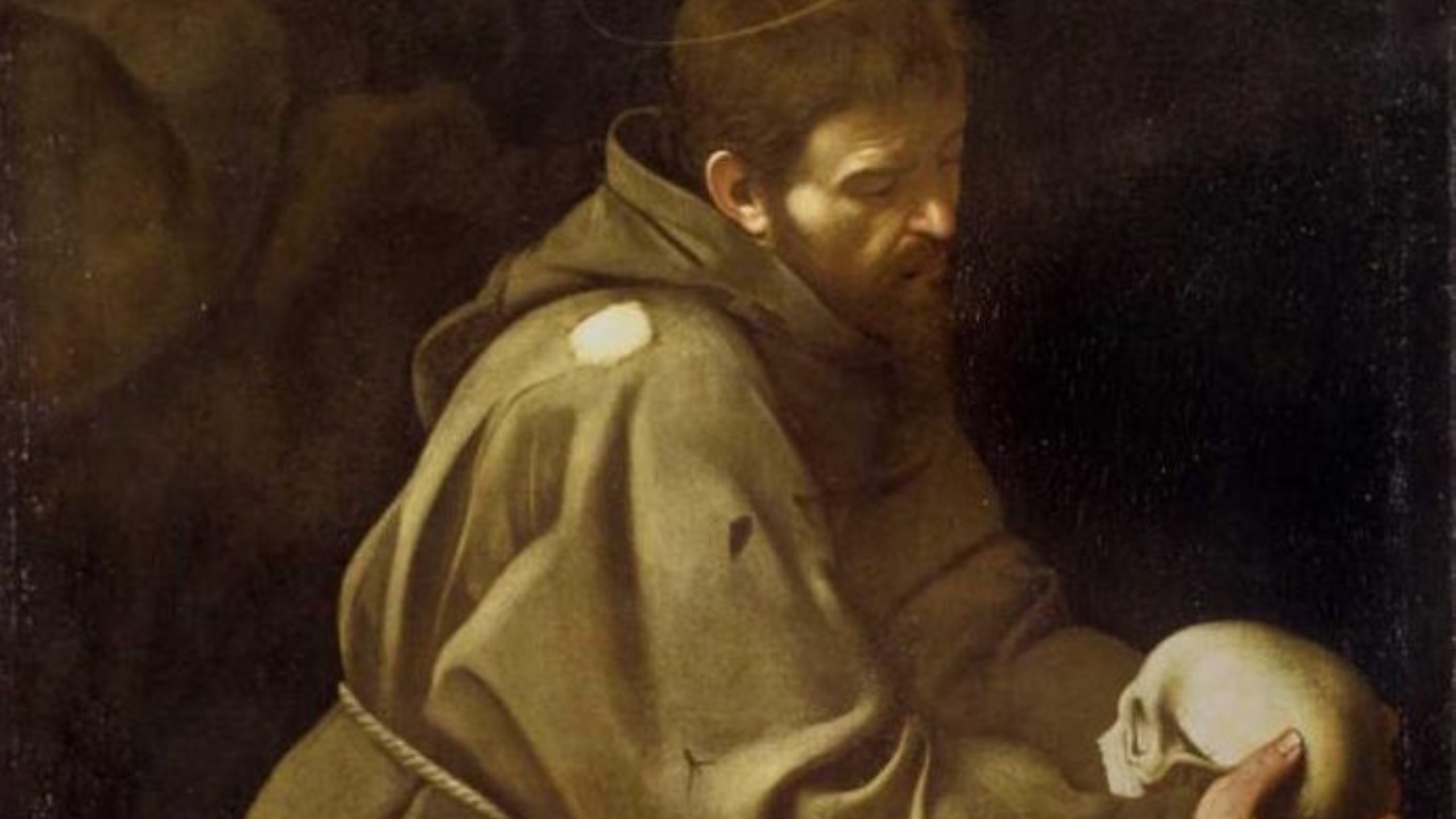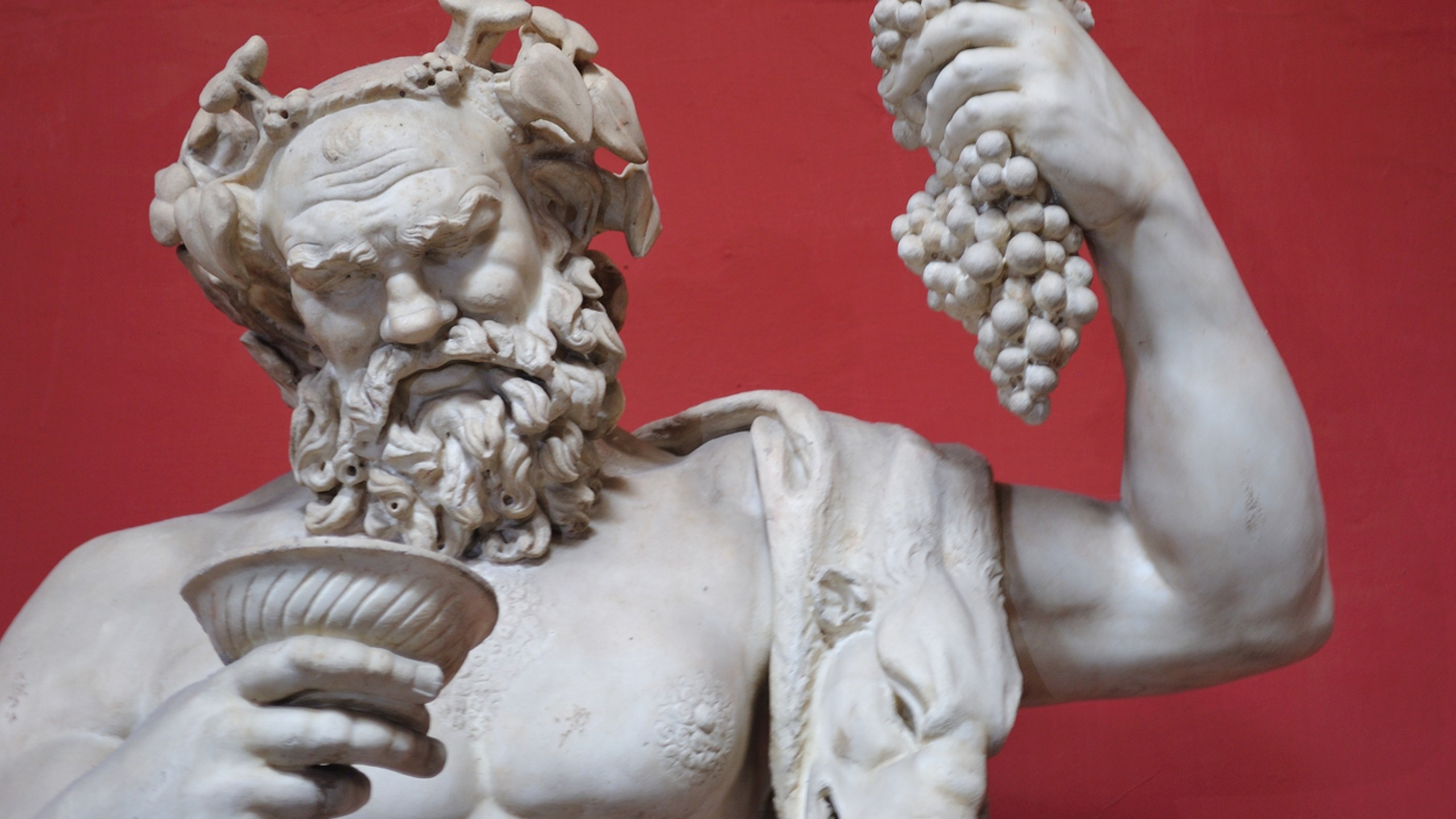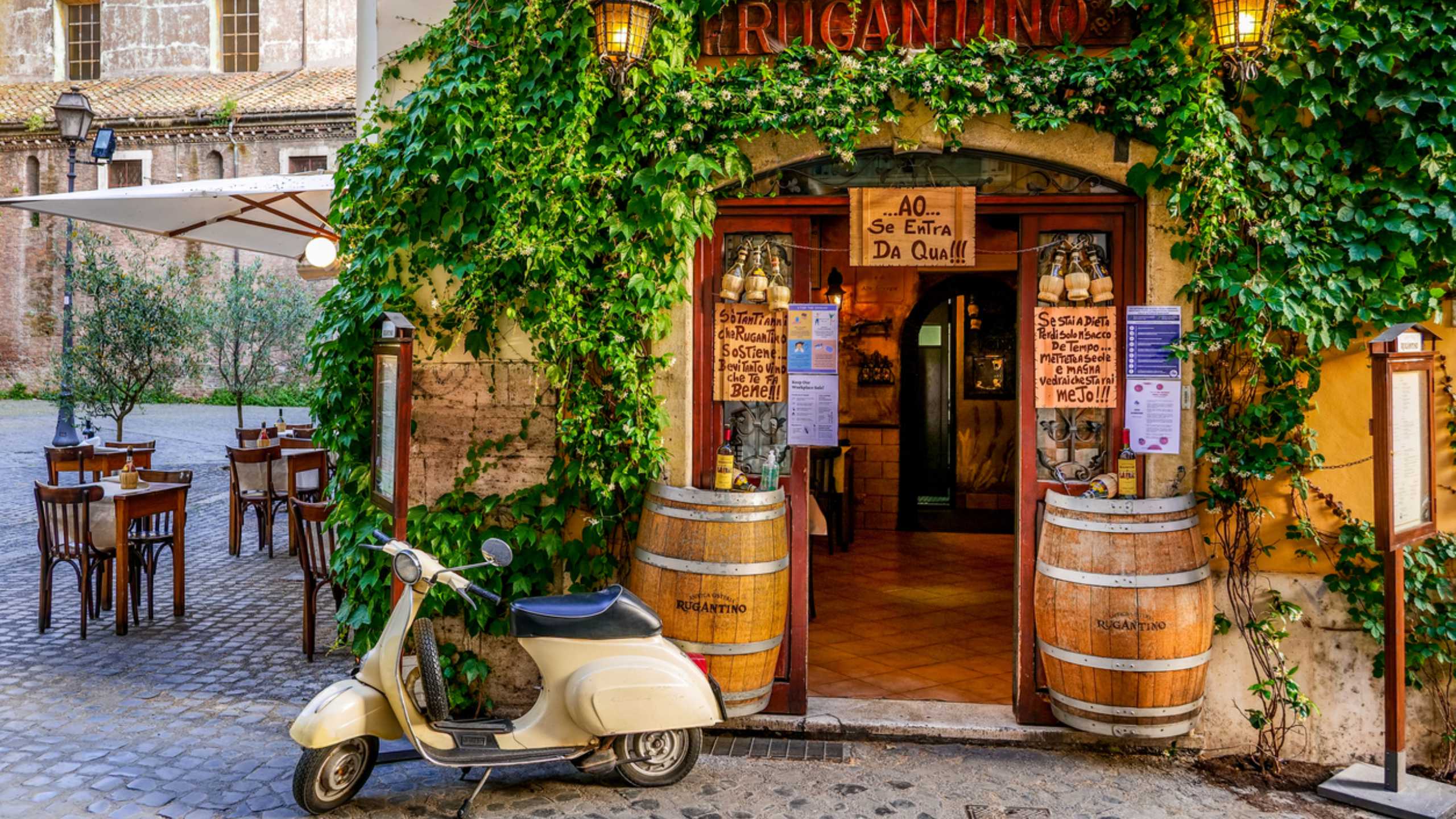The charm of the streets of Rome
In recent weeks there is a "surreal" atmosphere in the streets of Rome. Squares, streets and alleys usually full of tourists are completely empty. There is an extraordinary event due to the Covid-19 emergency. It is striking to see in photos the symbolic places of Rome, such as Piazza Navona, without people walking, taking photos and admiring the architectural and historical beauties.
Looking at Piazza Navona from the terrace or from the windows of Eitch Borromini's rooms, we are pleased to notice that it maintains its usual charm, that particular charm that attracts us in a magnetic way.
Before this emergency, the square was animated every day by many artists who, with their art, manage in a few minutes to capture the expressions and typicality of those who let themselves be portrayed. It was animated by those who sit on the benches and want to enjoy every corner of this space and the buildings around it.
It was animated by those who admire, amazed, the Fountain of the Four Rivers, with the four statues of white marble five meters high, surmounted by the Agonal granite obelisk 16.54 meters high and the Fontana del Moro placed on the southern side under the windows of Pamphilj palace.
The square still retains the shape of the ancient structure on which it was born: the Stadium of Domitian from 86 AD. The name of the square was originally in Agone "(from the Latin in agonis," games ") since the stadium was used only and exclusively for athletics competitions.
Let's let our gaze wander around and in the meantime let's also go into the surrounding streets. Among these is via dei Coronari, the street of art and antiques dealers. About 500 meters long, it starts from vicolo del Curato and ends in via di Sant'Agostino in the Ponte district.
The medieval part of this street is preserved in the alleys, the Renaissance aspect can be seen in the palaces, the Baroque is instead visible in the balconies and doors of some buildings, as well as in the sacred aedicules. How beautiful it is at sunset or in the evening with the lights of the street lamps a little soft, the squares that open suddenly and show fountains, stairways and windows.
The other streets around Piazza Navona are also worth discovering, such as Via del Government Vecchio which connects Piazza di Pasquino to Piazza dell'Orologio. It seems that Bramante lived in this street, at number 123. Today it is particularly interesting for the buildings and shops of the fifteenth and sixteenth centuries scattered along the route. A curiosity is constituted by what is considered the smallest house in Rome, located at number 66, consisting of a single floor and a single window topped by a terrace. Walking along the street you can see portals surmounted by friezes, courtyards with arcades, architraved windows, decorations of lilies and lion heads and much more.
Along the way, attention is also captured by the fifteenth-century house at number 104 which is decorated with medallions containing portraits of jurists, graffiti still evident on the first floor and masks on the windows.
We will soon return to Piazza Navona to visit it and discover the many treasures scattered around!







